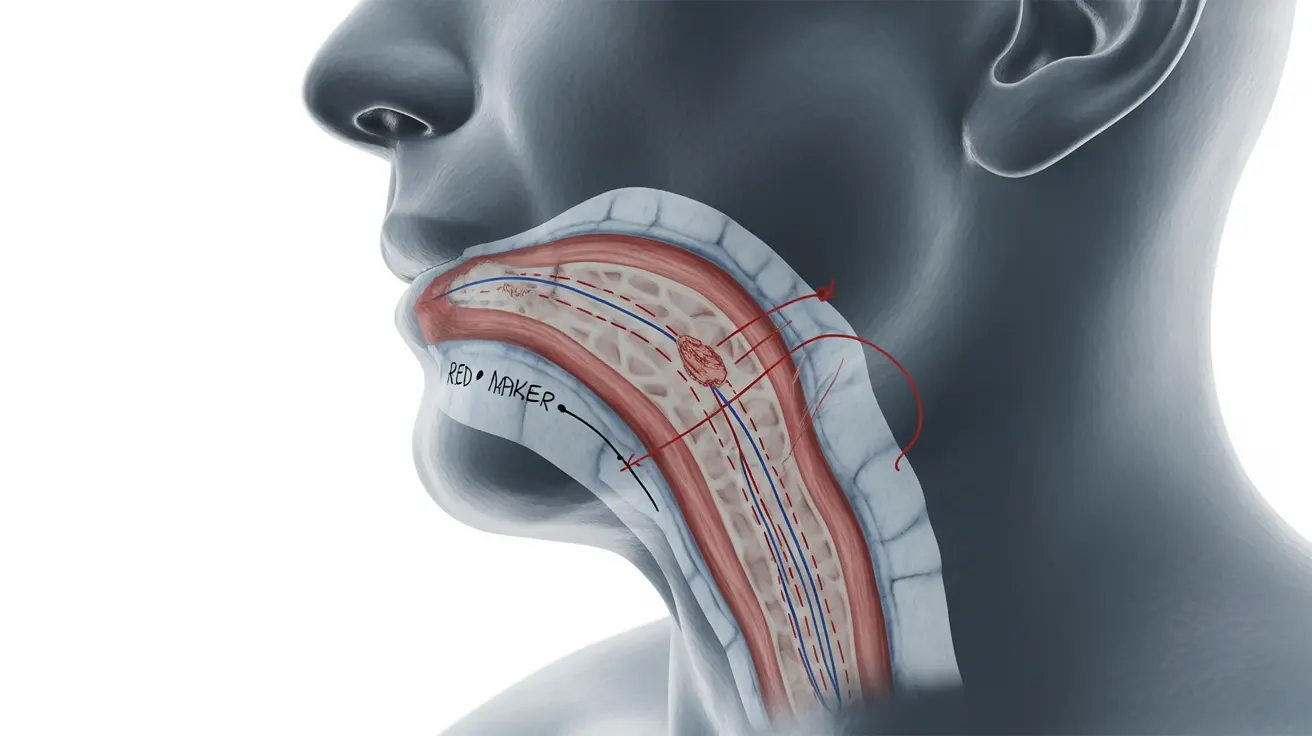The relationship between body weight and snoring is a common concern for many people. Understanding how excess weight affects your breathing during sleep can help you make informed decisions about your health and potentially improve your sleep quality.
While not everyone who is overweight snores, and not everyone who snores is overweight, there is a significant connection between these two conditions that deserves careful attention.
How Extra Weight Affects Your Airways During Sleep
When you carry excess weight, particularly around the neck and upper body, it can directly impact your breathing during sleep. Fat deposits around the upper airway can narrow the breathing passage, making it more likely for tissue to vibrate during breathing – the primary cause of snoring.
The narrowing effect becomes more pronounced when lying down, as gravity pulls on these tissues more strongly in this position. This is why snoring often becomes more noticeable as weight increases.
The Role of Neck Circumference in Snoring
Medical research has shown that neck circumference plays a crucial role in snoring risk. People with larger neck sizes (generally over 17 inches in men and 16 inches in women) are more likely to experience breathing difficulties during sleep.
The extra fat tissue in this area can:
- Compress the upper airway
- Reduce airflow during breathing
- Increase tissue vibration
- Make it harder to maintain an open airway while sleeping
Weight Distribution and Its Impact on Sleep
Not all weight gain affects snoring equally. The location of excess fat in your body can significantly influence whether and how much you snore. Upper body fat, especially around the neck and throat area, tends to have a more direct impact on breathing during sleep than fat stored in other areas of the body.
The Weight Loss-Snoring Connection
For many people who are overweight and experience snoring, weight loss can lead to significant improvements. Even a modest reduction in body weight may help reduce the severity of snoring by:
- Decreasing pressure on the upper airways
- Reducing the amount of excess tissue around the throat
- Improving overall breathing capacity
- Potentially eliminating snoring altogether in some cases
Additional Risk Factors Beyond Weight
While weight is a significant factor in snoring, other elements can contribute to or exacerbate the condition:
- Anatomical features like a deviated septum
- Alcohol consumption before bed
- Sleep position
- Nasal congestion or allergies
- Age and gender
- Family history
Frequently Asked Questions
Does being overweight increase the risk of snoring and how does it affect the airway?
Yes, being overweight significantly increases snoring risk by adding extra tissue around the throat and neck area. This additional tissue can narrow the airway passage, making it more likely for the soft tissues to vibrate during breathing, resulting in snoring.
Can losing weight help reduce or stop snoring caused by excess fat around the neck?
Yes, losing weight can help reduce or eliminate snoring in many cases. Even modest weight loss can decrease the amount of tissue around the upper airway, potentially improving airflow during sleep and reducing snoring intensity.
What health problems are linked to snoring and obesity, such as sleep apnea?
Snoring and obesity are associated with several health concerns, including obstructive sleep apnea, high blood pressure, cardiovascular disease, type 2 diabetes, and daytime fatigue. The combination of these conditions can create a significant risk for overall health.
Why do some people who are overweight not snore, and what other factors contribute to snoring?
Not all overweight individuals snore because snoring is influenced by multiple factors beyond weight, including anatomical features, sleep position, alcohol use, and genetic predisposition. The pattern of fat distribution in the body also plays a crucial role.
How does fat distribution in the body, like around the neck versus the abdomen, impact snoring severity?
Fat distribution significantly affects snoring severity, with neck and upper body fat having a more direct impact than abdominal fat. Higher neck circumference and upper body fat can compress the upper airway more severely, leading to increased snoring intensity.




